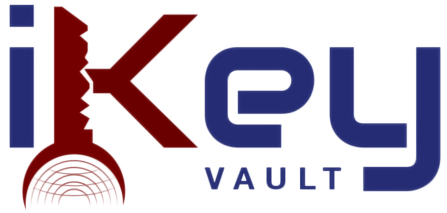The White House released a Cybersecurity Factsheet last Tuesday outlining various cybersecurity initiatives. The White House National Security Council will further announce plans for a consumer products cybersecurity labeling program intended to improve digital safeguards on internet-connected devices (IOT).
About 50 representatives from consumer product associations, manufacturing companies and technology think tanks convened at the White House this week for a workshop on the voluntary effort ahead of an expected spring 2023 launch.
Following this, the administration plans to recommend three or four cybersecurity standards that manufacturers can use as the basis for labels that communicate the risks associated with using so-called internet of things devices.
In its Factsheet, the federal government has referred to access control and authentication in several areas. Now without dissecting and analyzing the Cybersecurity Factsheet and/or the administration’s plans and efforts to address the Cybersecurity threats to IOT, taking a birds-eye view of these initiatives, how does it really matter to you and me?
The answer is very simple: Just imagine your disgruntled neighbor had the password to your refrigerator and turns it off when you just leave on a long vacation. Or how about, a local criminal remotely adds ten times the ammonia or chlorine to you municipal drinking water. Or taking it further, imagine a terrorist getting remote access credentials to a nuclear power-plant. Seems inconceivable, but such instances are more likely than not. Earlier this month, some of the nation’s largest airports were targeted for cyberattacks by an attacker within the Russian Federation, presumably by “Killnet,” a pro-Russian hacker group. Over a dozen airport websites were impacted by the “denial of service” attack.
This is just the beginning. We have become used to informational account hacks or takeovers, such as websites, email accounts, etc., over the last few years. While such attacks will continue, the new trend is going after hard assets, as the ones described above. There was a recent incident where thieves turned off the home security system in a Florida home while the occupants were away on a two-week cruise, broke into the house and stole several valuable items. No one was aware of the burglary till the owners returned home and found the door open and half their house emptied.
Therefore, it is not just the computers that you must protect in the future. With the number of “connected gadgets” growing exponentially, people must become more aware of this new threat and secure access to devices.
Feedback or comments? email pr@ikeyvault.com

